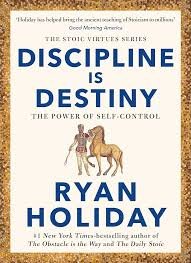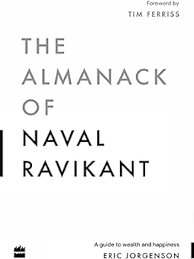“Discipline is the bridge between goals and accomplishment.” – JIM ROHN

By embracing the principles of self-discipline outlined in “Discipline is Destiny,” you can achieve greatness and fulfillment. Control your actions, thoughts, and emotions, honor the Stoic tradition of living virtuously, and face life’s challenges with purpose and power.
The Power of Self-Discipline
Self-discipline is not about restriction. It’s about taking control of your life. By mastering your lower self and strengthening your higher self, you become empowered and unstoppable in achieving your goals and dreams.
Benefits of Self-discipline:
- Practicing good habits
- Enduring challenges
- Setting boundaries
- Resisting temptations
Self-discipline provides structure and balance, counteracting the chaos of unrestricted freedom. It’s essential to unlocking your true potential and living a fulfilling, happy life.
Take Control of Your Body Before It Takes Control of You
Being self-disciplined about your body means boosting your endurance and investing in yourself for the long term to live longer and better.
Strenuous Activities: Incorporate physically challenging activities into your daily routine.
Seek Discomfort: Embrace discomfort to build resilience and toughness.
Consistency: Show up daily, regardless of how you feel, to build momentum and achieve long-term success.
Build on Your Physical Self-Discipline to Temper the Mind
Once your body is under control, it’s time to work on moderating your mind. This involves balancing how you feel, think, and respond amid life’s chaos.
Patience and Response: Use the moment between stimulus and response to gather and think critically.
Focus and Flow: Train yourself to focus and enter a flow state, blocking out distractions.
Embrace Imperfection: Aim to do your best rather than strive for perfection, and learn from your mistakes.
Align Your Body, Mind, and Spirit to Achieve Greatness
Greatness requires aligning your physical, mental, and spiritual selves, much like the charioteers of ancient times who mastered multiple aspects simultaneously.
Balance and Harmony: Achieve success by balancing discipline with kindness, compassion, and love.
Self-Actualization: Temperance is about self-actualization, not isolation, and involves being kinder and more accepting of others.
Encouragement: Encourage yourself and others, recognizing that everyone is on their journey.
Self-Discipline and Self-Love
Being self-disciplined doesn’t mean being hard on yourself when you fail. It means holding yourself to high standards while being your best friend and supporter.
High Standards: Challenge your limits and don’t accept excuses, but show compassion toward yourself.
Self-support: Encourage yourself in moments of failure, recognizing that everyone makes mistakes.
Growth and Thriving: Use self-love and support to grow and thrive, even in difficult moments.
